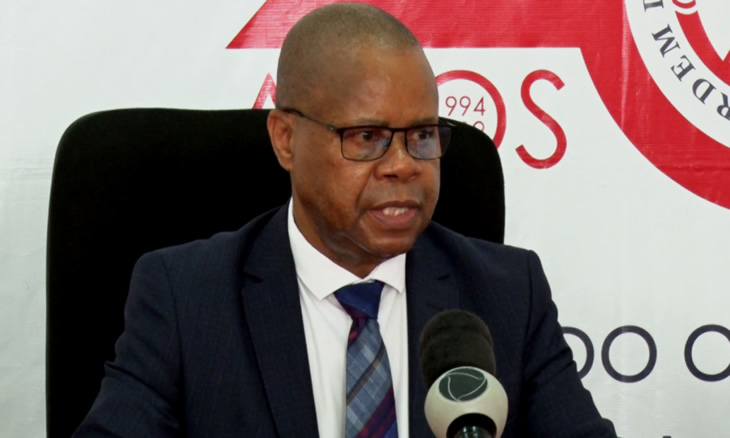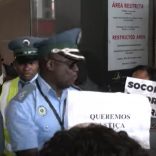Enhancing health in Gorongosa, Mozambique - University of Pittsburgh
Mozambique: Lawyers ask the President to not promulgate the extension of pre-trial detention limits – Watch

Photo: Miramar
The Mozambican Parliament, the Assembly of the Republic’passed the amendment to the Criminal Procedure Code dictating the extension of the minimum period of preventive detention from 90 to 120 days and this is causing astonishment among lawyers. They criticise the “secrecy” with which the matter was dealt with, sensing an attack on the democratic rule of law, and ask the President of the Republic, as the highest magistrate of the nation, not to promulgate the law as it stands.
Under the argument of reinforcing the fight against organised crime, such as for example terrorism, money laundering and corruption, the amendment of the Criminal Procedure Code, among other things, extended the term of pre-trial detention from a minimum of 90 to 120 days and a maximum of one or more years.
The Mozambican Bar Association condemns the “secrecy” surrounding the approval of this amendment by parliament, chairperson Duarte Casimiro characterising it as an attack on the democratic rule of law.
The debate is peaking just hours after the Assembly of the Republic’s final approval of the revision in question. The Criminal Procedure Code was approved in December last year, but has not yet entered into force.
The intentions for updating the legislation may be good, but in the eyes of the Mozambican Bar Association “they distance themselves from the participatory spirit and from the respect for the principles of the democratic rule of law that guided the elaboration of the legal-philosophical principles that justified the 2019 review”.
In 2019, the Mozambican Bar Association was involved in the discussion of the revision of the Criminal Procedure Code, but Duarte Casimiro says that, this time, the lawyers were not given the opportunity to comment on the revised matter.
“This is an aspect that concerns us because, as happened in the past, there should have been a participatory process in which everyone took part, especially those who initially participated,” Casimiro said.
The Chairman of the Mozambican Bar Association considers it essential to stress that “the review collides with matters that affect citizens’ fundamental rights and freedoms, in terms of preventive detention”.
He further noted that “the production of testimonial evidence cannot be undertaken at the speed of urgent cases and without the necessary consideration of its real impacts on the lives of citizens”.
In order not to jeopardise the constitutional rights of citizens, the Mozambican Bar Association asks the President of the Republic not to promulgate the amendment as it stands.
“In practical terms, what we ask for, and hope can, eventually, happen, is that the President of the Republic, as the Highest Magistrate of the Nation, notes the concern of those with an interest in the process, and sees to it that these amendments do not go forward without consulting the Constitutional Council,” Casimiro reiterated.
The Mozambican Bar Association therefore requests that the document be returned, and that lawyers and judicial and public magistrates be involved in further discussions.












Leave a Reply
Be the First to Comment!
You must be logged in to post a comment.
You must be logged in to post a comment.